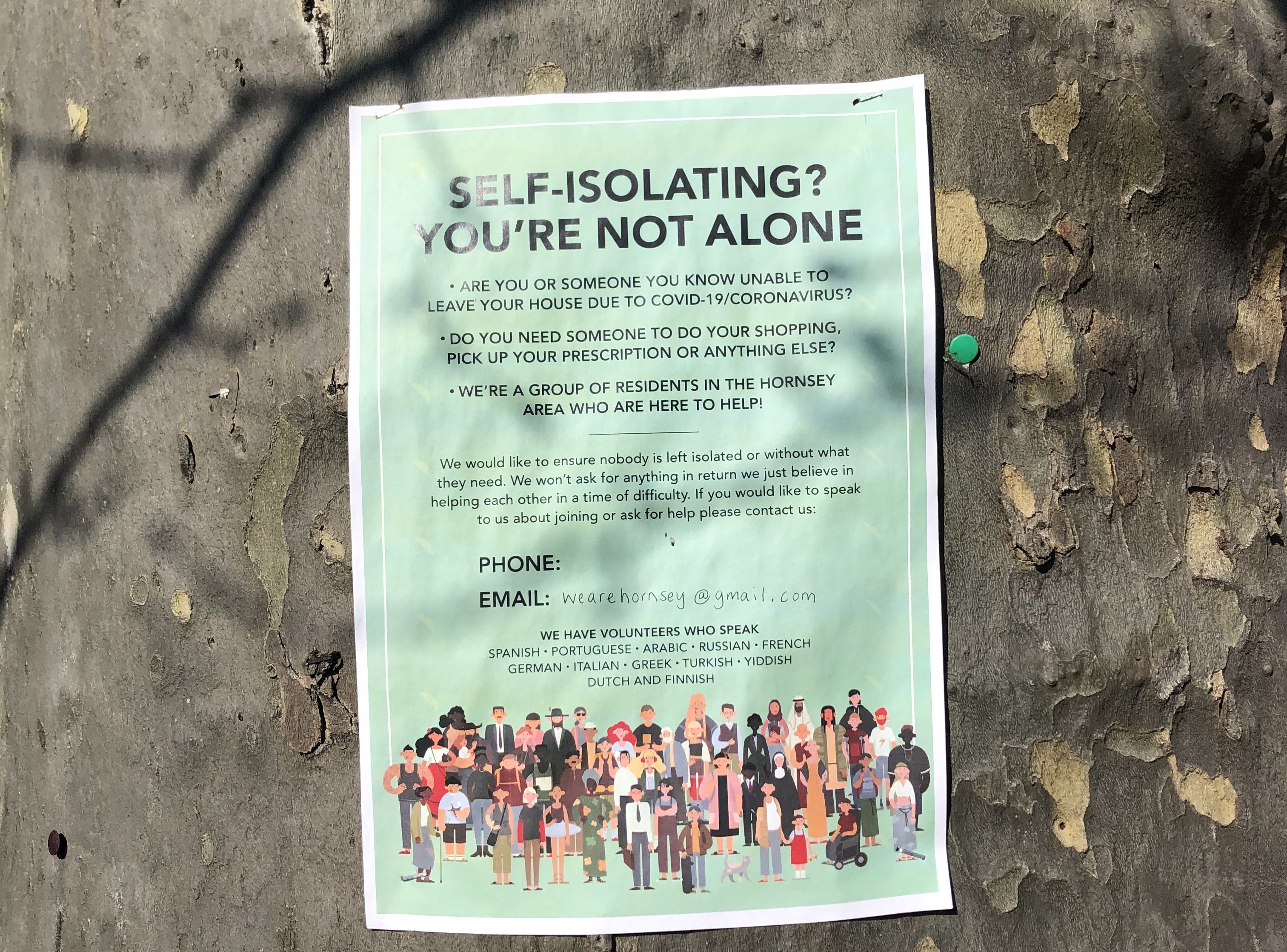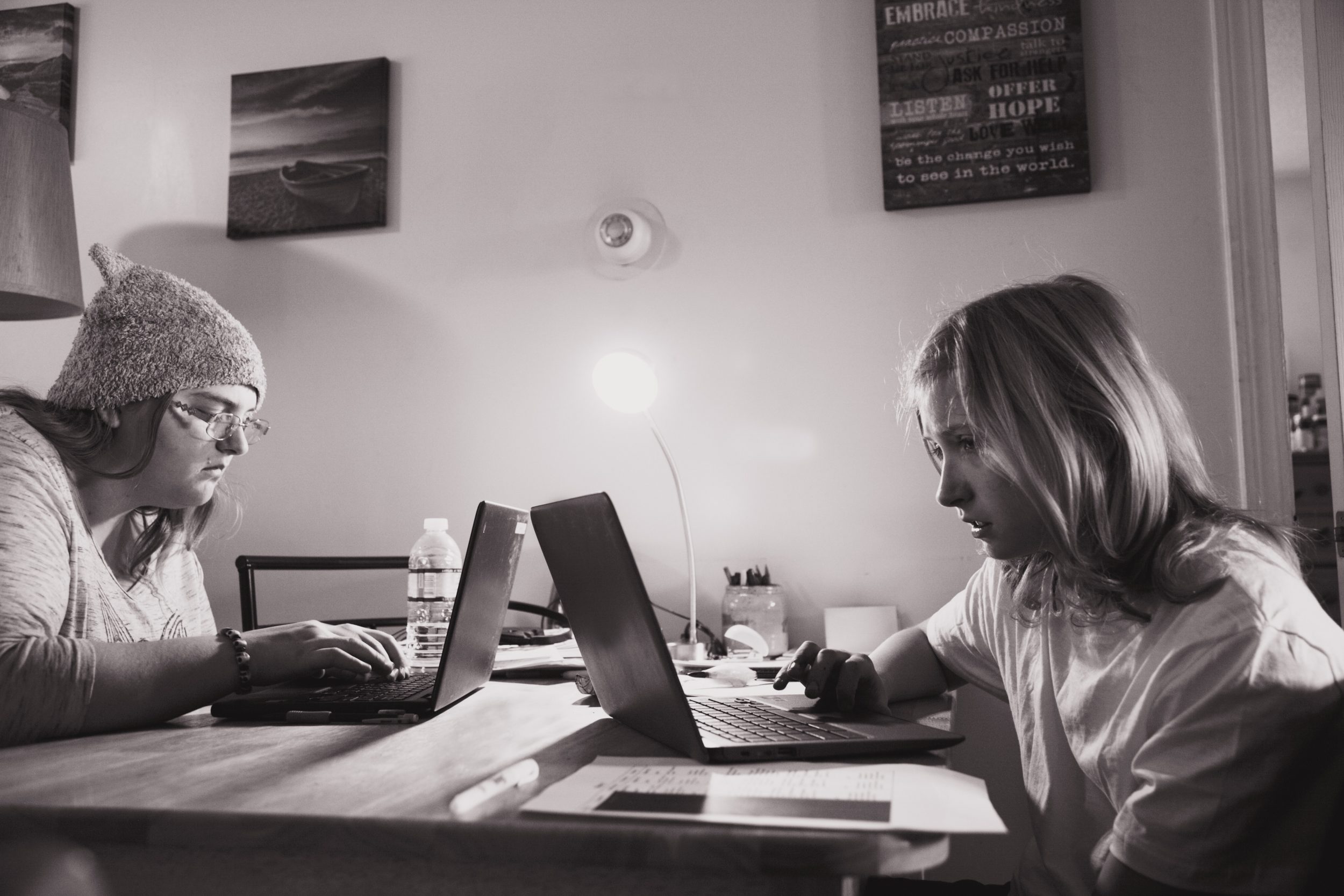 As a third of the world’s population remains in lockdown due to the COVID-19 pandemic caused by the new coronavirus, Laura Guimarães Corrêa, Associate Professor at Brazil’s Universidade Federal de Minas Gerais, looks at how the Brazilian media are responding to their country’s leadership’s approach to the crisis.
As a third of the world’s population remains in lockdown due to the COVID-19 pandemic caused by the new coronavirus, Laura Guimarães Corrêa, Associate Professor at Brazil’s Universidade Federal de Minas Gerais, looks at how the Brazilian media are responding to their country’s leadership’s approach to the crisis.
In the last decade, following a global neoliberalist rationale, public services in Brazil have been treated with disdain by politicians, by the upper and the new middle classes, and by the media: portrayed as something of low quality, slow, made for the poor. State institutions have been seen as a waste of money, as something to keep underfunded or preferably privatised, so that they would be more efficient – which is not true.
This undervaluation included not only health services, but also the state universities and other public institutions which are still centers of excellence in research in the country, despite consecutive cuts in their budgets, especially in the last two years. Scholars and students have been accused of being unproductive and useless: a burden to the population. These discourses support and supposedly justify the recent and gradual dismantling of crucial social policies in the country.
Recently, conservative, anti-intellectual, anti-science religious leaders had their power strengthened, spreading their word through sermons and fake news on social media. The election of the extreme right president was one of the results of this trend – not exclusive to Brazil, as we see a similar situation in the United States and other countries. We seem to have then the worst of both worlds: ultraconservative, prejudiced and intolerant ideas concerning culture and mores, combined with ultraliberal and individualist ideas regarding economics.
Covid-19 has arrived in Brazil: more than 29,000 cases and 1,760 deaths have been officially confirmed so far. This number is thought to be a huge underestimate, and many are probably dying before being tested or even before receiving medical assistance. Prospects are dire for most of the population. When UK Prime Minister Boris Johnson went into intensive care last week, BBC’s political editor wrote that “the infection does not pick and choose”. Recent data, however, show just the opposite: although anybody can be infected, inequalities of class, race, place and gender play a major role on the decisions on who is tested and who is not, who survives and who does not. Coronavirus is not an equalizer: those who are poor, black, women, migrants, or indigenous are more exposed, across the world and in Brazil, an extremely unequal country where millions live and work in precarious situations.
Adopting a strategy of social isolation is a consensus among most world leaders, the World Health Organisation (WHO), and other specialists. Even so, Brazilian President Jair Bolsonaro recently exhorted the population to go back to work, with support from some of the privileged classes, who used motorcades to protest against lockdown. The president also has the support of those who believe that religion will save humanity and that all this “hysteria” about a “minor flu” is a kind of communist conspiracy.
Thus, there is no consensus in Brazil about the measures to be taken about the pandemic. Mayors and governors are defying the president’s positions and implementing lockdown measures, and millions of people are self-isolated. Vulnerable groups are resisting, organising actions of solidarity, caring and providing where the State does not reach. In acts that American philosopher Henry Thoreau would call civil disobedience, many prefer to trust the authority of science instead of following the president’s deliria. On the other hand, in many places in the country, life and habits have not changed. Local and strict measures of lockdown will not work effectively if the population is not convinced that staying home is the best course of action.
Those who are more informed tend to be more concerned, even those who in the past criticised public investments and called for the extinction or privatisation of SUS – Sistema Único de Saúde, the imperfect but robust national health system built in the last three decades and inspired by the UK’s NHS. As coronavirus curves rise steeply, it is becoming evident that the handling of the pandemic can only come from the SUS, from using its structure, from injecting money in public institutions, from funding emergency research in universities and recognising the hard work of health civil servants.
Over the last four years, mainstream media in Brazil have minimised the aggressive, authoritarian, racist, misogynist and irresponsible acts and comments of the man who occupies the higher position in the country. Although seen by many as a threat, he is still seen by others as a powerful and manly leader to be followed.
However, now that his positions on key issues have become more dangerous, mainstream media, in general, have become more attentive and assertive, openly criticising his decisions. Even those who had been seduced by neoliberalist bait are talking about the social welfare state, the safety net of protection, basic income and wealth taxes. A public/scientific turn in media seems to be happening because of the pandemic. Now that the situation is extreme, the press is focusing on knowledge, information, serious journalism.
In Brazil, men in power are irresponsibly defying the threat of Covid-19. Mainstream media are finally starting to value the public and universal health system, state-funded research, science, universities and institutions – and to realise that the government is acting against the interests of Brazilians. We hope it is not too late.
This article represents the views of the author and not the position of the Media@LSE blog, nor of the London School of Economics and Political Science.





